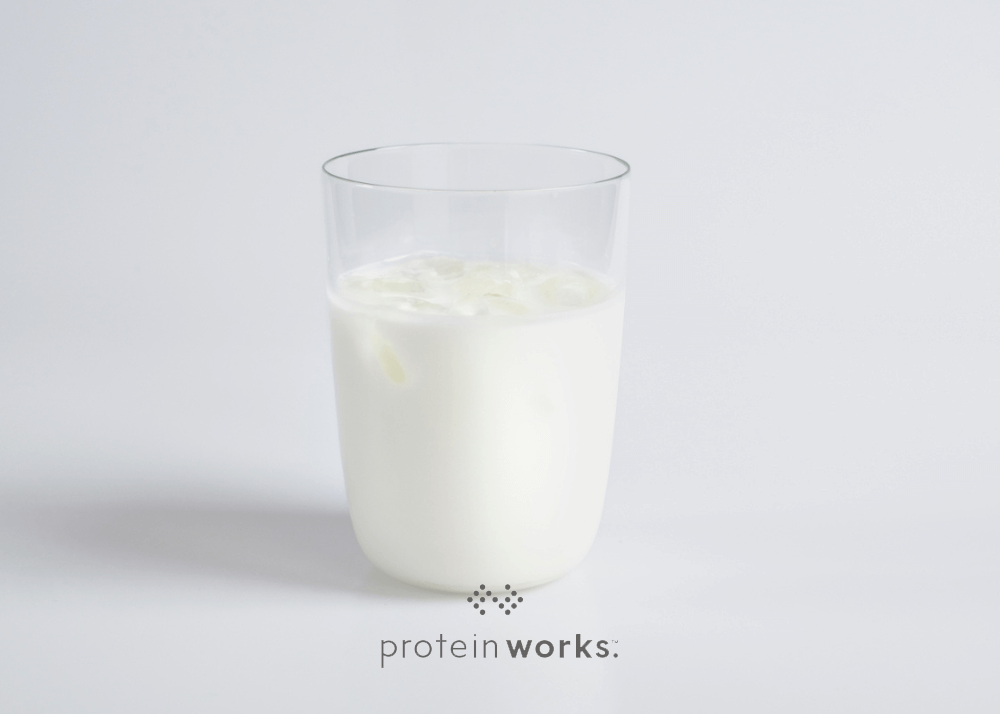
Which is the Best Milk for Bulking? Let’s Find Out
When embarking on your weigh gain journey, choosing the best milk for bulking can make a significant impact.
Swapping out water for milk in any protein shakes you’re having is a really efficient way of boosting your caloric intake with little to no effort from yourself! Most forms of milk are packed full of vitamins and minerals and can actually be more hydrating than water (not that we advise only drinking milk instead of water, we’re 60 % water for a reason!).
There are many forms of milk that could be included in your bulk and we’ll give you the run-down of the most popular forms here.
Discover more information about the best milk for bulking below…
1. Cow’s Milk
An excellent source of nutrition, cow’s milk is the most popular dairy milk and great for bulking.
Not only is it a rich source of protein, which is of course vital for promoting muscle growth (1), it is also considered to be of very high quality.
Around 80 % of milk protein comes from casein and the remaining 20 % is whey. Both are complete proteins, containing all 9 essential amino acids, but whey protein is especially important when it comes to muscle growth as it is abundant in branch-chain amino acids (BCAAs) which are the driving force behind the promotion of muscle protein synthesis and building of muscle tissue, enhancing recovery. (2)
Cow’s milk comes in three main forms:
- Whole / Full Fat
- Skimmed
- Semi Skimmed
The main difference between these is predominantly the fat content, with skimmed and semi skimmed milk containing less fat per serving (200ml).
Cow’s Milk Macro Table
| Per 200ml | Whole / Full Fat | Semi Skimmed | Skimmed |
| Calories (Kcal) | 122 | 100 | 74 |
| Protein (g) | 7 | 7.2 | 7.2 |
| Fat (g) | 7.4 | 3.6 | 0.6 |
| Carbohydrate (g) | 9.4 | 8.6 | 10 |
Clearly whole milk comes out on top when it comes to bulking, with the additional calories making it easier to pack on size. Additionally, whole milk is abundant in omega-3 fatty acids which improves bone & joint health but can also aid with sleep quality (3) which indirectly improves recovery and training adaptation.
Whole milk can also enhance muscle growth by stimulating muscle protein synthesis to a greater extent than skimmed milk, even when the calories are matched (4), which makes it the superior dairy milk for bulking!
2. Nut Milk
Nut milks are increasingly popular as they offer an alternative to dairy milks for those that cannot consume dairy or those that choose not to – but are they any good for bulking?
The answer, unfortunately, is not really.
Almond & cashew milks are the most popular nut milks and while the nuts themselves are high in calories and great to snack on when bulking, the process of making milk from these nuts removes most of the calories.
This is also the case for hazelnut milk which is absolutely packed full of B vitamins, E vitamins & folic acid and while it is the most appropriate for bulking out of these three, it doesn’t come close to whole milk when it comes to calorie or protein content.
In fact, nut milks as a whole are pretty poor when it comes to protein content which is not great when wanting to pack on muscle mass during bulking season.
Nut Milk Macro Table
| Per 200ml | Whole Milk | Almond | Cashew | Hazelnut |
| Calories (Kcal) | 122 | 25 | 21 | 58 |
| Protein (g) | 7 | 0.8 | 0.8 | 0.8 |
| Fat (g) | 7.4 | 2.1 | 1.7 | 3.2 |
| Carbohydrate (g) | 9.4 | 0.8 | 0.8 | 6.2 |
3. Other Dairy-Free Milk
Coconut, despite it’s name, is not a nut and therefore coconut milk can be a handy alternative to those with nut allergies.
Made from filtered water and grated coconut flesh, coconut milk unfortunately comes under a similar umbrella to our nut milks in that it just isn’t great while you’re bulking.
Providing around 40 calories per 200 ml serving it of course superior to water but as it contains next to no protein, you should consider other options.
Enter Soya milk.
We wouldn’t blame you for losing hope in the search for dairy-free alternatives for bulking, but luckily soya milk saves the day!
Made by soaking, crushing and cooking soybeans before extracting the liquid, Soya milk boasts a nutritional profile that certainly competes with whole milk.
Other Dairy-Free Milk Macro Table
| Per 200 ml | Soya Milk | Whole Milk |
| Calories (Kcal) | 100 | 122 |
| Protein (g) | 6 | 7 |
| Fat (g) | 3.5 | 7.4 |
| Carbohydrate | 9 | 9.4 |
Providing far more calories and protein than its other non-dairy counterparts , Soya milk can definitely be used to help hit your calorie and protein demands.
Soya protein has received some negative press online, with some claiming that it can reduce muscle gain when compared to the whey protein that is present in whole milk. This is because soya protein has less leucine than whey (5), however research has shown that soya protein is just as effective as whey when the leucine content is matched (6) – so you just need to consume a little more Soya milk to achieve similar results.
Which is the Best Milk for Bulking?
As with most things nowadays, there are so many options when it comes to milks that can be useful for your bulking season. However, once you dive into the nutritional profile of these different milks, it becomes clear that two variations are far superior to their competition – whole milk and soya.
We have to give the top spot to whole / full fat milk as it provides the most calories and protein per serving, both of which should be your main focus during bulking season. However, if intolerances or your nutritional requirements dictate that you need a dairy-free option, Soya milk is perfectly capable of filling in and helping you smash your goals all year round!
References
- Tipton, K. and Wolfe, R.R., 2001. Exercise, protein metabolism, and muscle growth. International journal of sport nutrition and exercise metabolism, 11(1), pp.109-132.
- Zhang, S., Zeng, X., Ren, M., Mao, X. and Qiao, S., 2017. Novel metabolic and physiological functions of branched chain amino acids: a review. Journal of animal science and biotechnology, 8(1), p.10.
- Jahangard, L., Sadeghi, A., Ahmadpanah, M., Holsboer-Trachsler, E., Bahmani, D.S., Haghighi, M. and Brand, S., 2018. Influence of adjuvant omega-3-polyunsaturated fatty acids on depression, sleep, and emotion regulation among outpatients with major depressive disorders-Results from a double-blind, randomized and placebo-controlled clinical trial. Journal of psychiatric research, 107, pp.48-56.
- Elliot, T.A., Cree, M.G., Sanford, A.P., Wolfe, R.R. and Tipton, K.D., 2006. Milk ingestion stimulates net muscle protein synthesis following resistance exercise. Medicine & Science in Sports & Exercise, 38(4), pp.667-674.
- Norton, L.E., Wilson, G.J., Layman, D.K., Moulton, C.J. and Garlick, P.J., 2012. Leucine content of dietary proteins is a determinant of postprandial skeletal muscle protein synthesis in adult rats. Nutrition & metabolism, 9(1), p.67.
- Lynch, H.M., Buman, M.P., Dickinson, J.M., Ransdell, L.B., Johnston, C.S. and Wharton, C.M., 2020. No Significant Differences in Muscle Growth and Strength Development When Consuming Soy and Whey Protein Supplements Matched for Leucine Following a 12 Week Resistance Training Program in Men and Women: A Randomized Trial. International Journal of Environmental Research and Public Health, 17(11), p.3871.



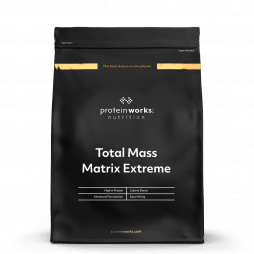
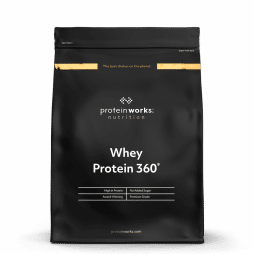
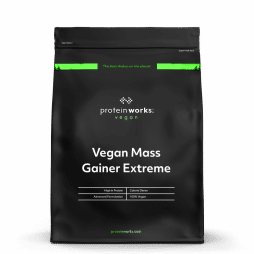
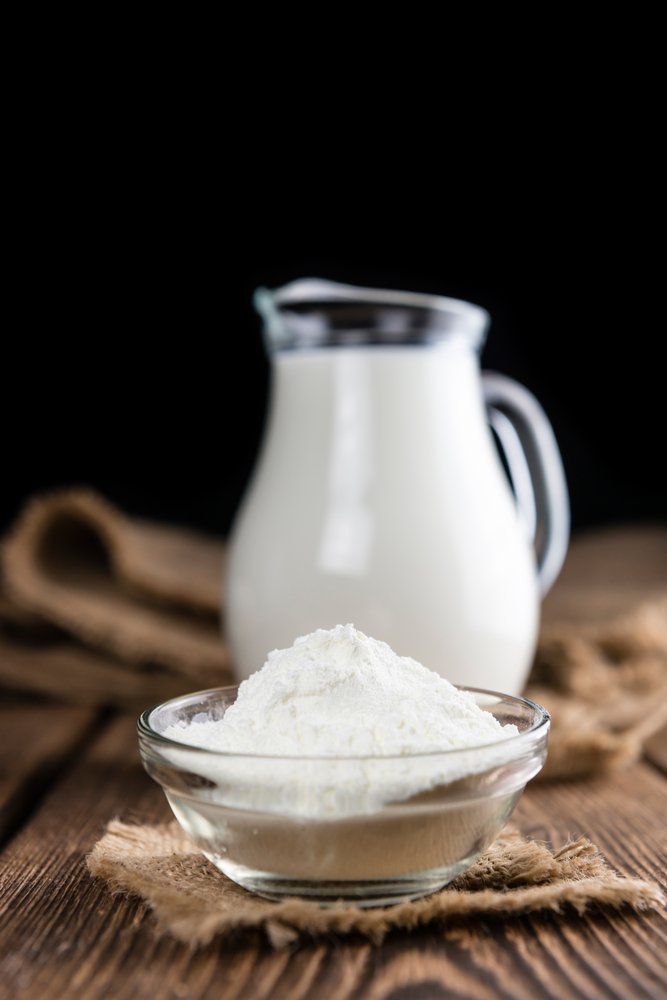
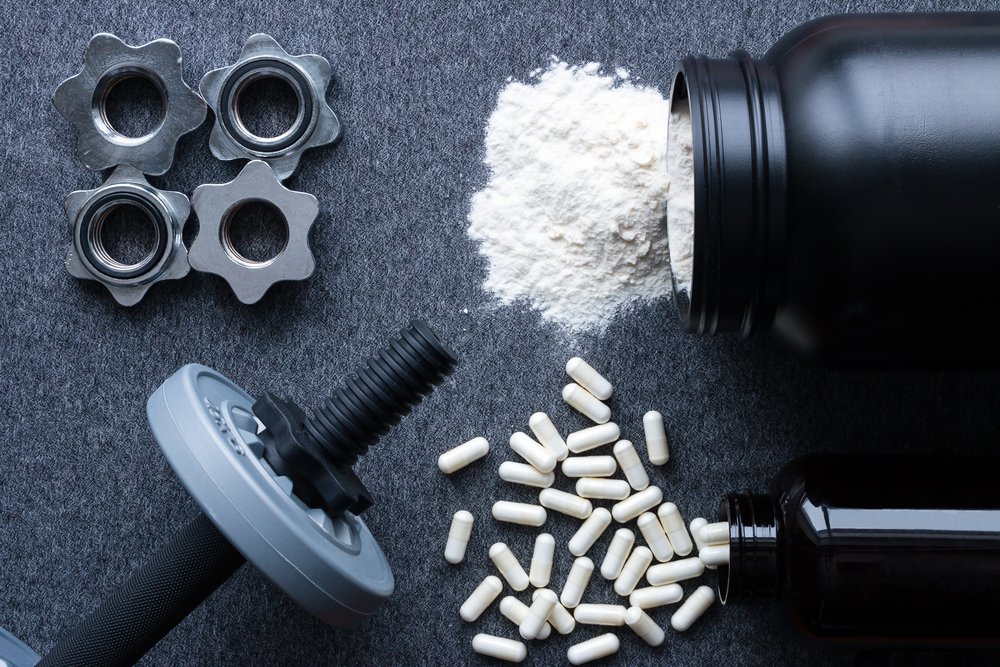
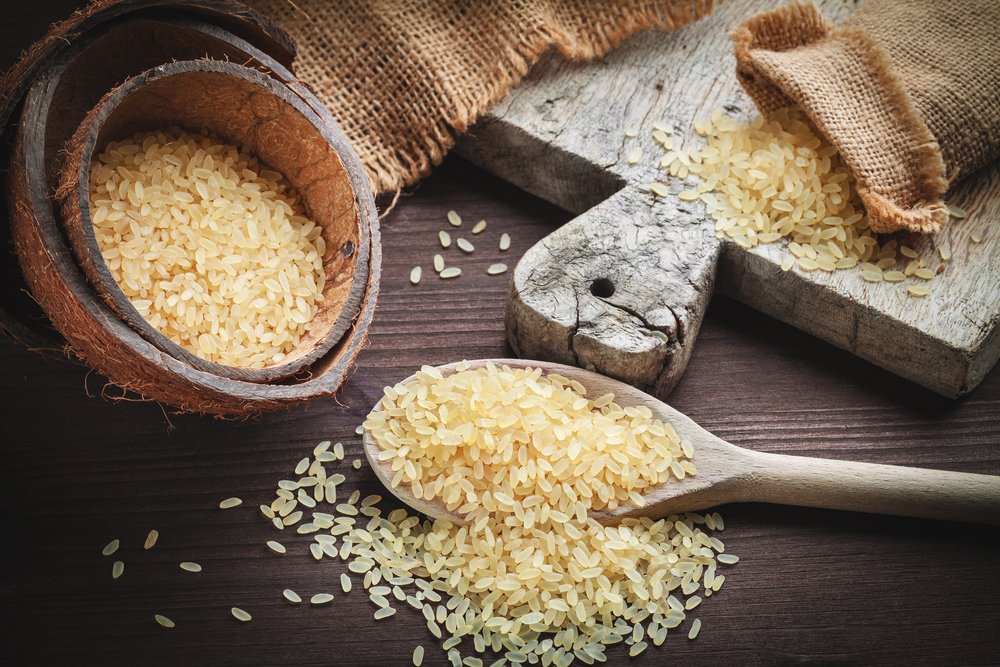
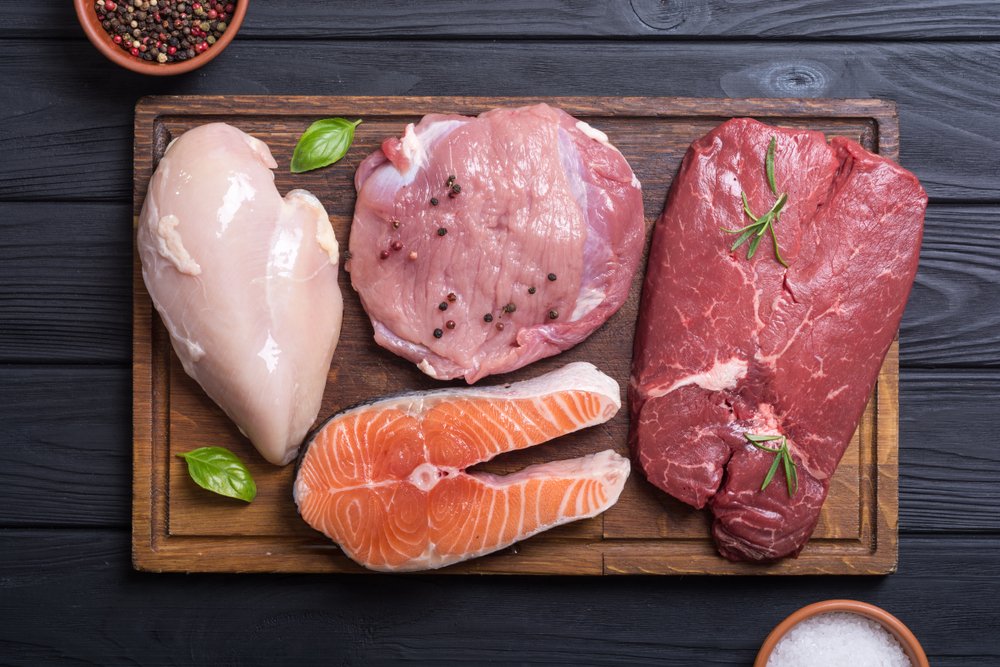
No Comments yet!